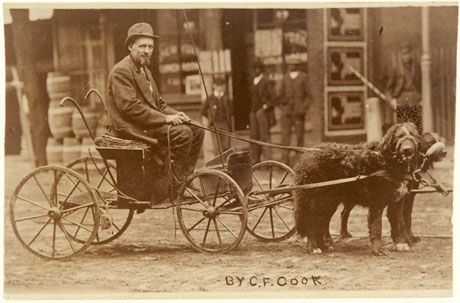THE SPECKLED BAND
WORK CITED:
Gelly, Christophe. "Sir Arthur Conan Doyle’s Sherlock Holmes Stories: Crime and Mystery from the Text to the Illustrations.” Cahiers victoriens et édouardiens. Volume 73: Issue No. 1 (2011), 107-129. JSTOR.
Hodgson, John. “The Recoil of "The Speckled Band": Detective Story and Detective Discourse.” Poetics Today. Volume 12: Issue No. 2 (1992), 309-324. JSTOR.
Metress, Christopher. “Thinking the Unthinkable: Reopening Conan Doyle's "Cardboard Box." The Midwest Quarterly. Volume 42: Issue No. 2 (2001), 183. JSTOR.
Pratt-Smith, Stella. “The other serpents: deviance and contagion in "The Speckled Band." Victorian Newsletter. Volume 113 (2008), 54. JSTOR.












